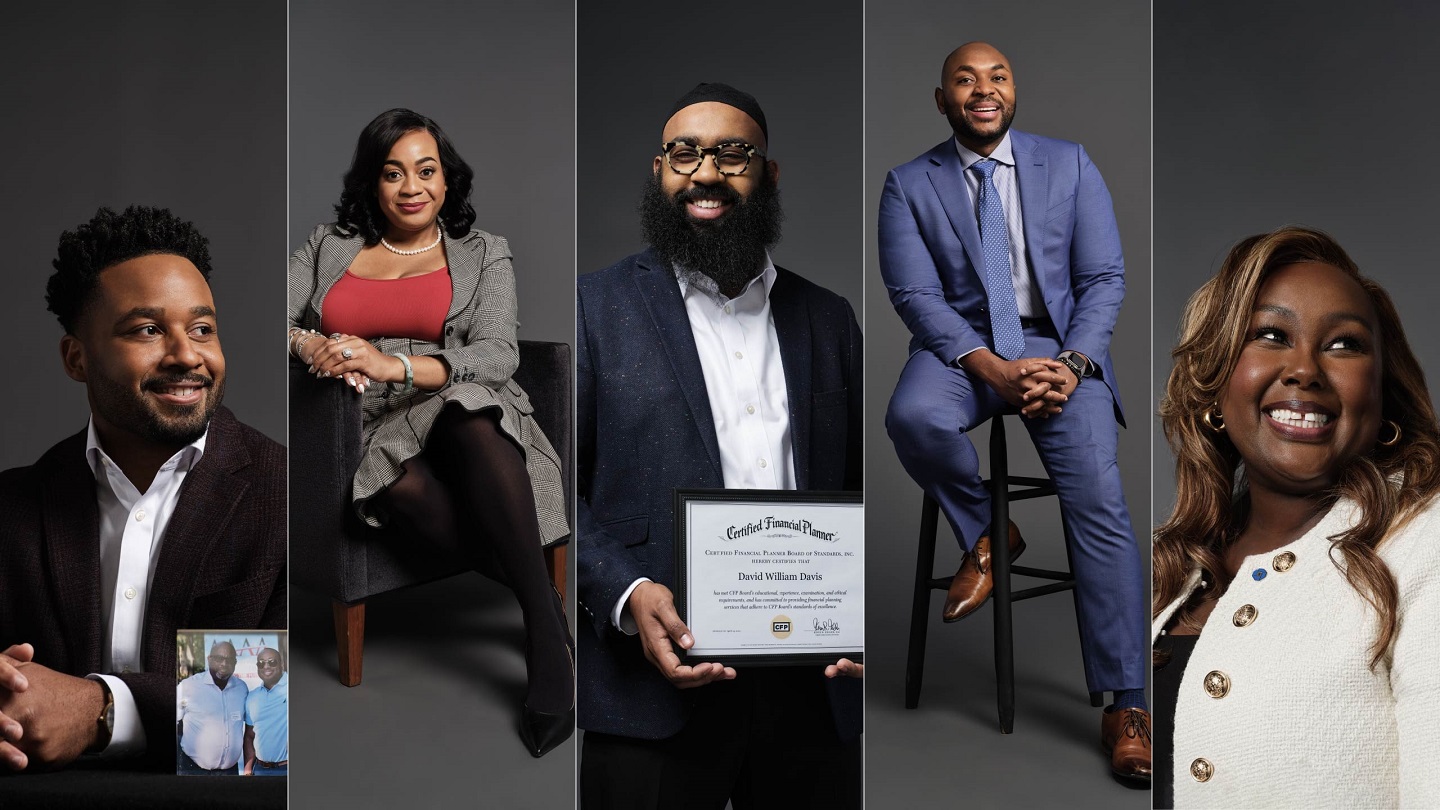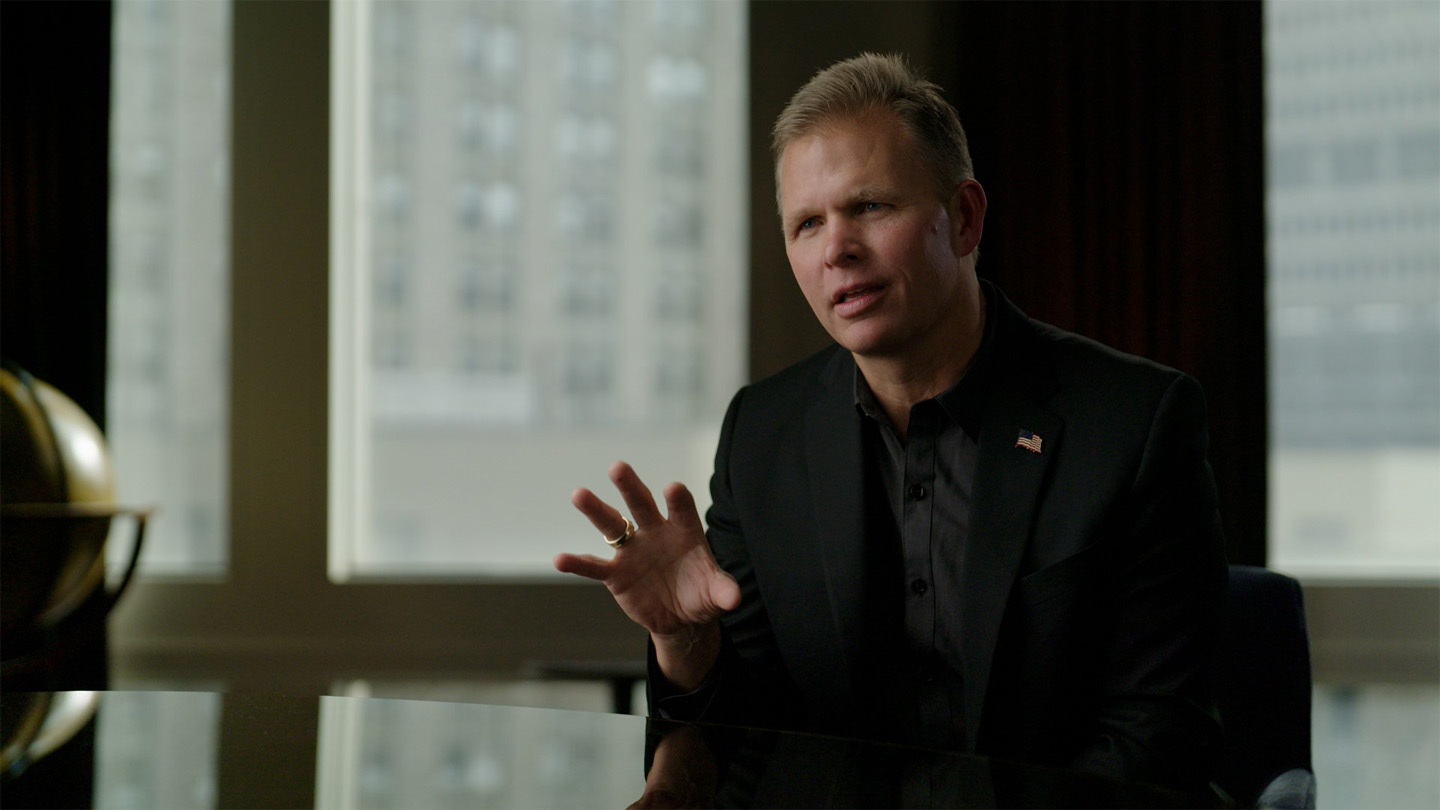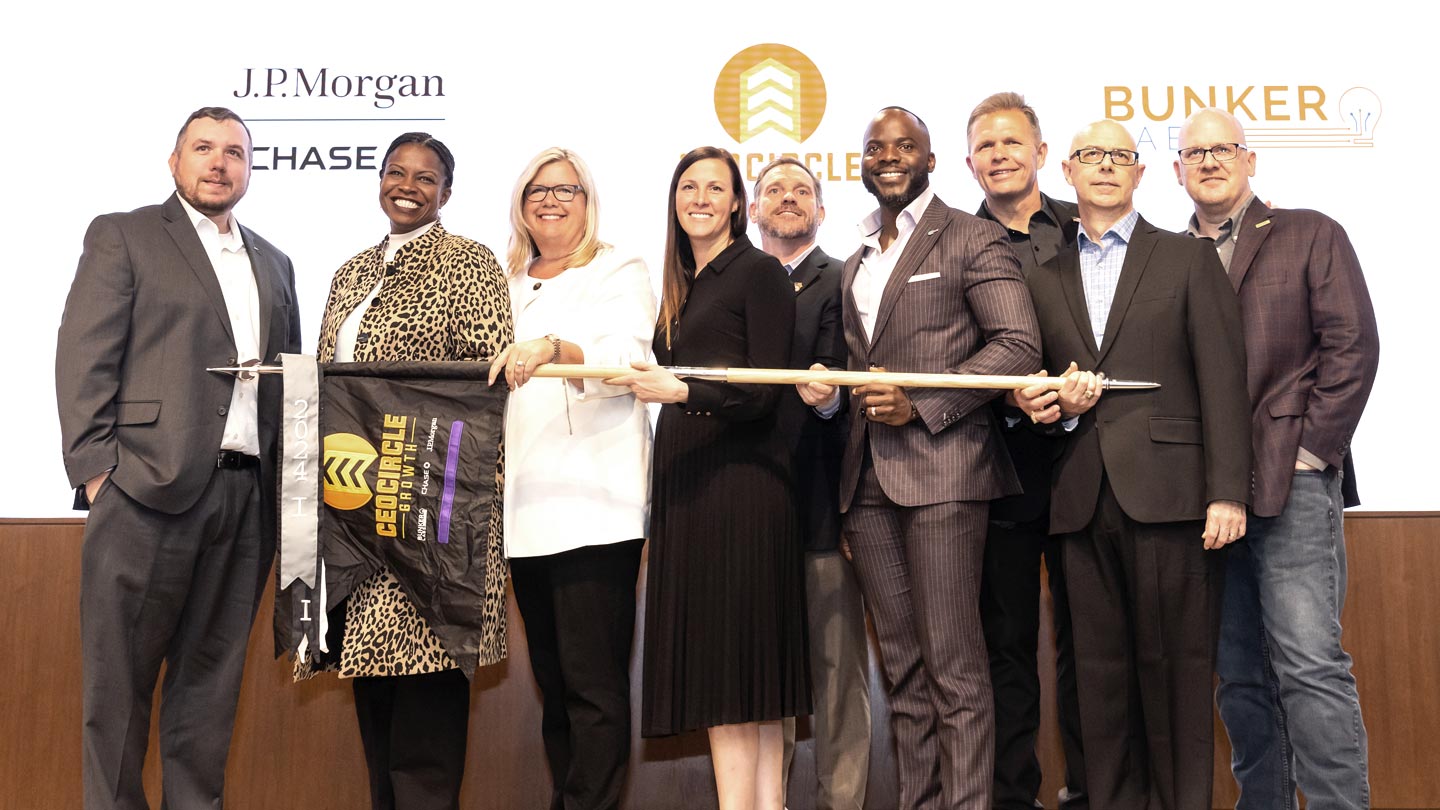Diversity, Equity & Inclusion
J.P. Morgan advances diversity, equity and inclusion across our firm and with our clients. Read articles and insights about programs, initiatives and resources to support entrepreneurs.
From startups to legacy brands, you're making your mark. We're here to help.
Key Links
Prepare for future growth with customized loan services, succession planning and capital for business equipment.
Key Links
Serving the world's largest corporate clients and institutional investors, we support the entire investment cycle with market-leading research, analytics, execution and investor services.
Key Links
Providing investment banking solutions, including mergers and acquisitions, capital raising and risk management, for a broad range of corporations, institutions and governments.
Your partner for commerce, receivables, cross-currency, working capital, blockchain, liquidity and more.
Key Links
A uniquely elevated private banking experience shaped around you.
Whether you want to invest on your own or work with an advisor to design a personalized investment strategy, we have opportunities for every investor.
For Companies and Institutions
From startups to legacy brands, you're making your mark. We're here to help.
Serving the world's largest corporate clients and institutional investors, we support the entire investment cycle with market-leading research, analytics, execution and investor services.
Your partner for commerce, receivables, cross-currency, working capital, blockchain, liquidity and more.
Prepare for future growth with customized loan services, succession planning and capital for business equipment.
Providing investment banking solutions, including mergers and acquisitions, capital raising and risk management, for a broad range of corporations, institutions and governments.
For Individuals
A uniquely elevated private banking experience shaped around you.
Whether you want to invest on you own or work with an advisor to design a personalized investment strategy, we have opportunities for every investor.
Explore a variety of insights.
Key Links
Insights by Topic
Explore a variety of insights organized by different topics.
Key Links
Insights by Type
Explore a variety of insights organized by different types of content and media.
Key Links
We aim to be the most respected financial services firm in the world, serving corporations and individuals in more than 100 countries.
Key Links
J.P. Morgan advances diversity, equity and inclusion across our firm and with our clients. Read articles and insights about programs, initiatives and resources to support entrepreneurs.
All topics
No results found
Adjust your filter selections to find what you’re looking for

Corporate Responsibility
Black History Month 2025: Celebrating culture through cherished keepsakes
Feb 06, 2025
This Black History Month, we asked five J.P. Morgan Wealth Management advisors and leaders to bring in an object that’s important to them. Read more here.

1:42 - Corporate Responsibility
Challenges, accepted: How veterans overcome business hurdles
Nov 13, 2024
Leaning on experts and peers helped these entrepreneurs stay the course as they’ve grown their companies.

Corporate Responsibility
Nov 04, 2024
Helping to power economic growth by breaking down barriers and creating opportunities in communities across the globe.

Corporate Responsibility
Resources featuring Hispanic and Latino businesses
Sep 30, 2024
We’ve gathered tips, tools and inspiring stories to help support all entrepreneurs, including Hispanic and Latino business owners, succeed and scale their businesses.

Corporate Responsibility
Leveling the playing field: Resources featuring women business leaders
Jun 21, 2024
These stories, tools and programs offer inspiration to women as they navigate their entrepreneurial journeys.

Corporate Responsibility
Pride Month 2024: What does Pride mean to you?
Jun 17, 2024
For Pride Month, J.P. Morgan Wealth Management sat down with LGBTQ+-identifying employees to learn about their experiences in the workplace and beyond. Read on to learn more.

Corporate Responsibility
On the front lines of the transition: Resources featuring veteran business owners
May 15, 2024
We are committed to honoring veterans’ service and supporting their pursuit of business growth through knowledge and connections.

Corporate Responsibility
Apr 10, 2024
Getting a company off the ground is always challenging. Entrepreneur and reservist Samantha Snabes found the support she needed by leaning on fellow founders in the military community.
You're now leaving J.P. Morgan
J.P. Morgan’s website and/or mobile terms, privacy and security policies don’t apply to the site or app you're about to visit. Please review its terms, privacy and security policies to see how they apply to you. J.P. Morgan isn’t responsible for (and doesn’t provide) any products, services or content at this third-party site or app, except for products and services that explicitly carry the J.P. Morgan name.